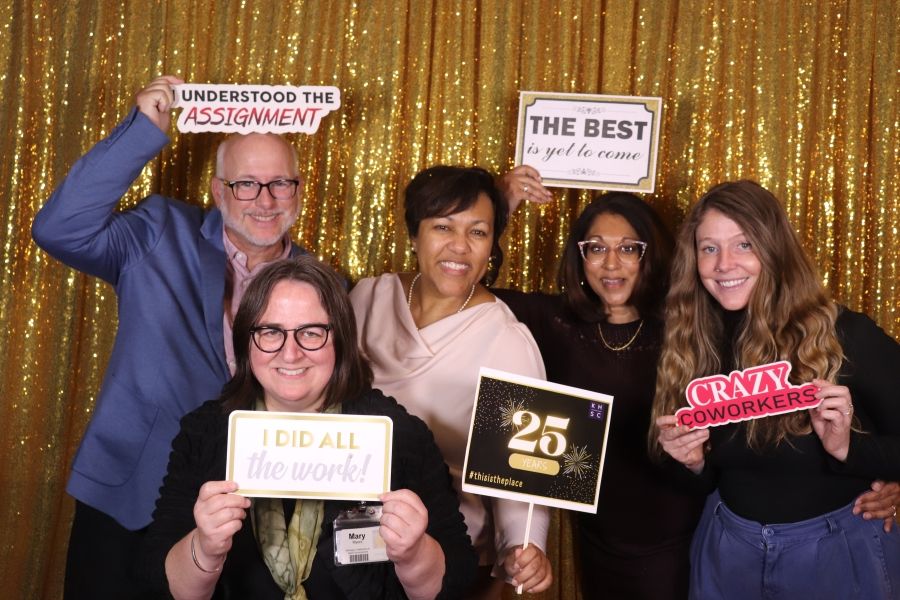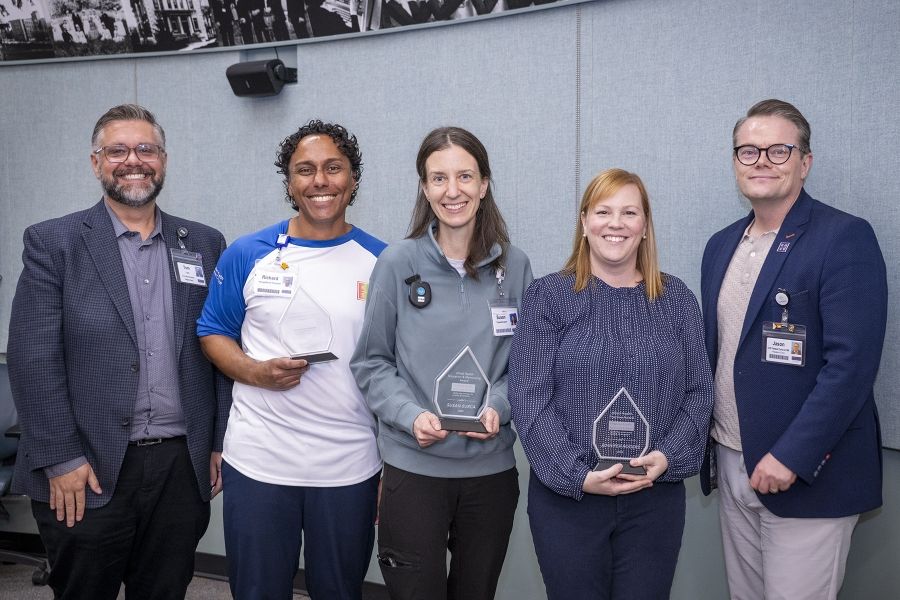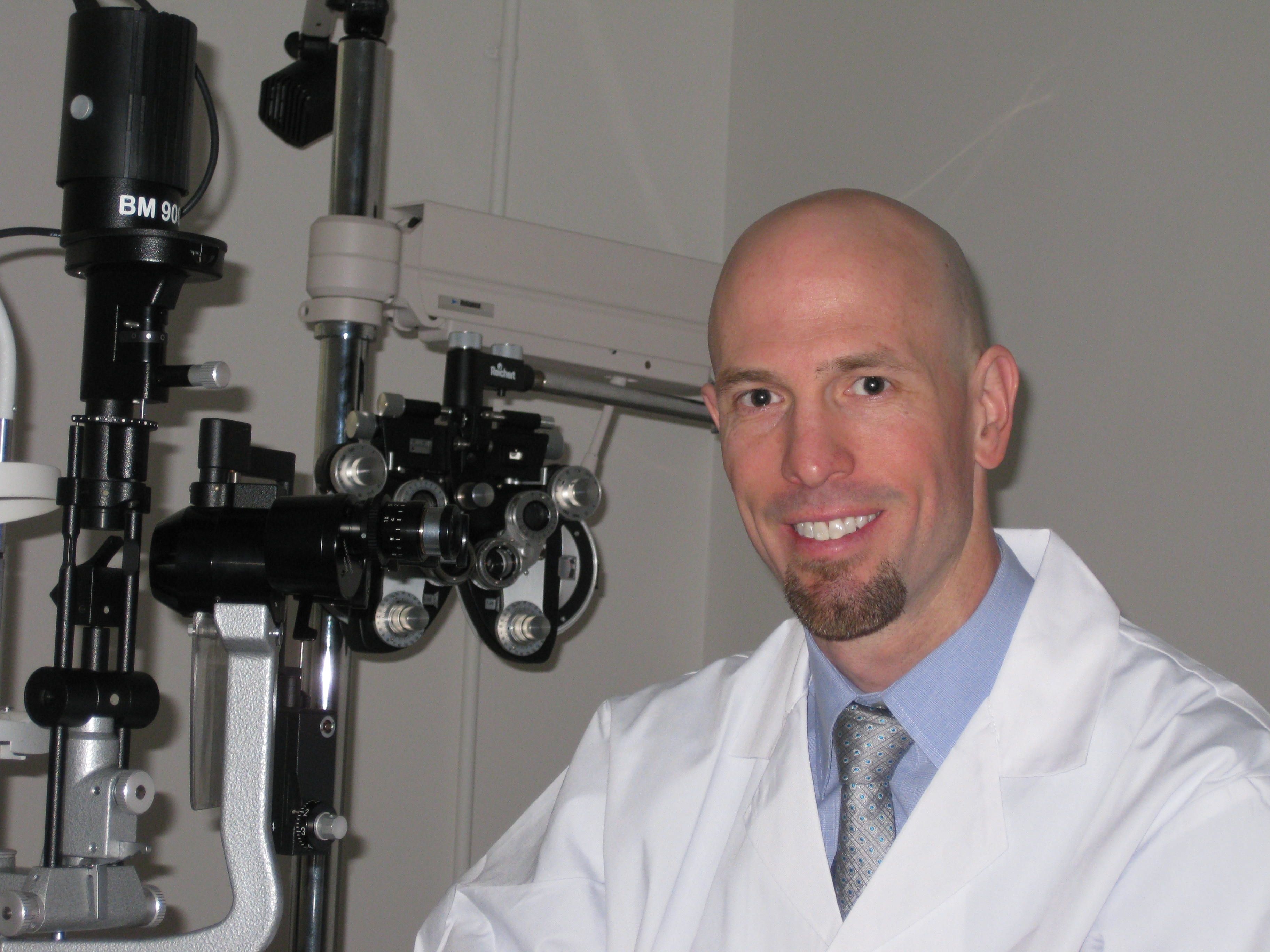
A new Canadian study will be reassuring to patients having cataract surgery performed by older surgeons, as it puts to rest concerns about declining skills and dexterity in the operating room as those surgeons advance in age.
Instead, the study suggests that later-career surgeons are performing a substantial proportion of cataract operations with low rates of surgical complications, says lead author Dr. Robert Campbell, a Kingston Health Sciences Centre ophthalmologist and Deputy Head of the Department of Ophthalmology at Queen’s University.
The most common operation in the world, cataract surgery involves removing and replacing the eye lens, which has become clouded, with an artificial lens.
Campbell says the study was prompted by the increasing demand for cataract surgery in our aging population, and by the reliance on late-career surgeons to meet that demand. In Ontario, fewer than 300 surgeons perform cataract surgery and about one-half of them are more than 50 years of age.
“Lots of eye surgeons are getting older but still doing large volumes of cataract surgeries,” he says. “We wanted to see if their skills deteriorate with age and start affecting quality of care.”
The population-based study defined career stages based on the amount of time since surgeons had completed their medical education: early (15 years), mid (15 to 25 years) or late (more than 25 years). It looked at the records for 499,650 cataract operations performed in Ontario between 2009 and 2013 and evaluated for serious surgical complications.
Late-career surgeons performed almost 29 per cent of cataract operations, with no evidence of an increased overall risk of surgical adverse events. The results held true when the study factored out the volume of procedures and focused only on surgeon age.
Older age was associated with two surgical complications: increased risk of dropped lens fragments and suspected endophthalmitis, a post-surgical infection. Both are rare adverse events and the study showed that the degree of risk was very small.
Surgeons staying on top of their skills
“Our findings suggest that our system is working well, with eye surgeons staying on top of their skills and benefiting from experience gained over years of doing a high-volume procedure,” says Campbell.
“And it also appears that surgeons are retiring at the appropriate time, when they no longer feel comfortable in the operating room and well before problems can arise.”
In a world where people brace for negative results from research studies, Campbell says he and his colleagues are happy to be bearers of good news.
“Research can often raise alarm bells,” he says, “but in this instance, the data reassures patients about good outcomes in a surgery that really affects quality of life.”
Gallery
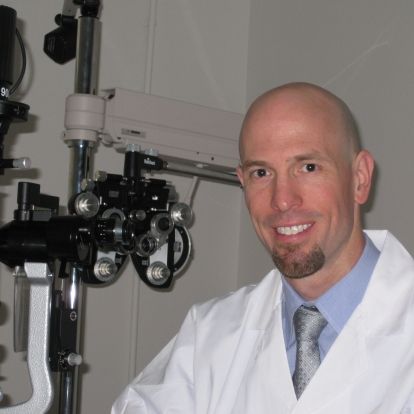
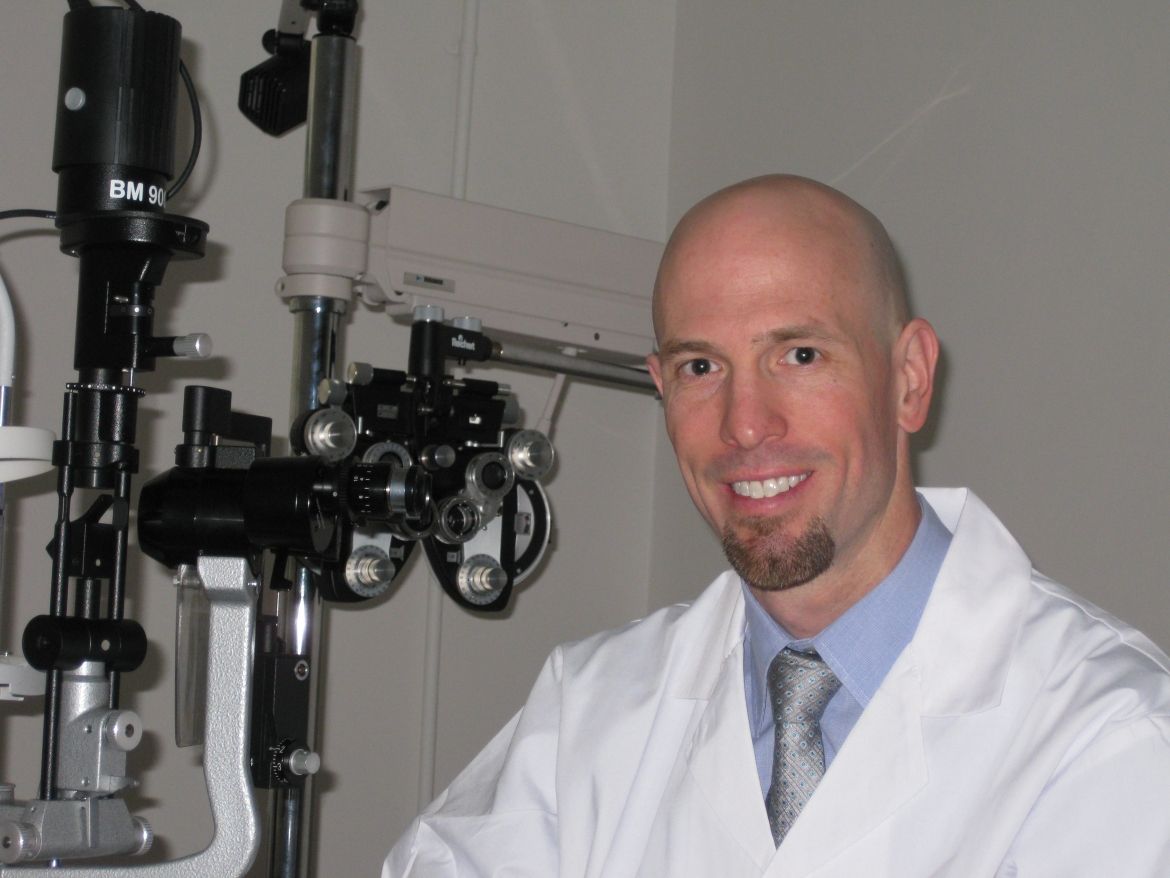
“Research can often raise alarm bells,” says lead author Dr. Robert Campbell, “but in this instance, the data reassures patients about good outcomes in a surgery that really affects quality of life.”

